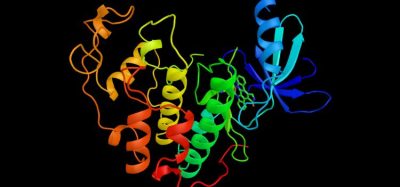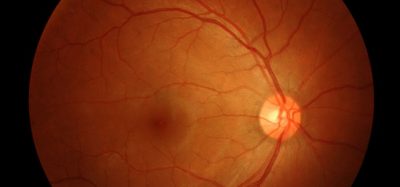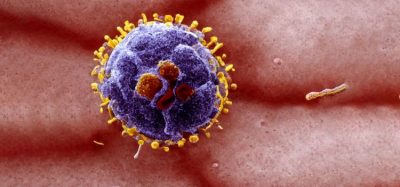First patient dosed with HIV gene therapy
According to researchers, the CRISPR-based gene therapy, EBT-101, has the potential to change the future of HIV therapeutics.
A breakthrough gene-editing therapy for human immunodeficiency virus type 1 (HIV) infection has entered first-in-human testing in what is being called “a major milestone in the search for a cure for HIV/AIDS”.
EBT-101, a CRISPR-Cas9 gene editing system delivered by adenovirus-associated virus vector serotype 9 (AAV9) has been administered to the first individual in a Phase I/II trial designed to establish its safety and efficacy.
The first individual to receive single-dose intravenous infusion EBT-101 therapy is under observation and will soon be evaluated for viral rebound to establish if they are eligible to stop antiretroviral therapy under the protocol. Investigators are hopeful that if the one-time curative treatment works as anticipated, the individual will no longer require antiretroviral therapy – the current standard of care for HIV infection.
EBT-101 was developed through a collaboration between the Lewis Katz School of Medicine at Temple University, US, and Excision BioTherapeutics Inc.
“Nearly 40 million people worldwide suffer from the effects of HIV, and more than 40 years after the discovery of HIV/AIDS, there still are no curative treatments,” commented Dr Kamel Khalili, the Laura H. Carnell Professor and Chair of the Department of Microbiology, Immunology, and Inflammation; Director of the Center for Neurovirology and Gene Editing; and Director of the Comprehensive NeuroAIDS Center and colleagues at the Katz School of Medicine, who pioneered the development of EBT-101. “EBT-101 can potentially address long-standing unmet needs of individuals living with HIV/AIDS by removing viral DNA from their cells, thereby eradicating infection.”
The removal of HIV DNA from the cellular genome is essential to effecting a cure; the virus takes up long-term residence in tissue reservoirs, where it hides, evading the immune system and escaping antiretroviral therapy. As a result, HIV can persist in tissue reservoirs for years.
The Phase I/II trial (NCT05144386), sponsored by Excision, is an open-label, sequential cohort, single ascending dose study and will enrol nine patients. The primary objective is to assess the safety and tolerability of a single dose of EBT-101 in study participants with undetectable viral load on antiretroviral therapy. Biodistribution, pharmacodynamic, and efficacy assessments will also be conducted. All participants will be assessed for eligibility for an analytical treatment interruption of their background antiretroviral therapy at week 12.
Following the initial 48-week follow up period, all participants will be enrolled into a long-term follow up protocol (NCT05143307) that will monitor participants for 15 years after treatment.
“Dosing the first participant with EBT-101 is a landmark event that solidifies Excision’s position as a pioneer in gene editing,” stated Daniel Dornbusch, Chief Executive Officer of Excision. “It is the first time a CRISPR-based therapy targeting an infectious disease has been administered to a patient and is expected to enable the first ever clinical assessment of a multiplexed, in vivo gene editing approach. We were able to reach this watershed moment thanks to years of innovative work by leading scientists and physicians, to whom we are immensely grateful. With this achievement, Excision has taken a major step forward in developing a one-time treatment that could transform the HIV pandemic by freeing affected people from life-long disease management and the stigma of disease.”










